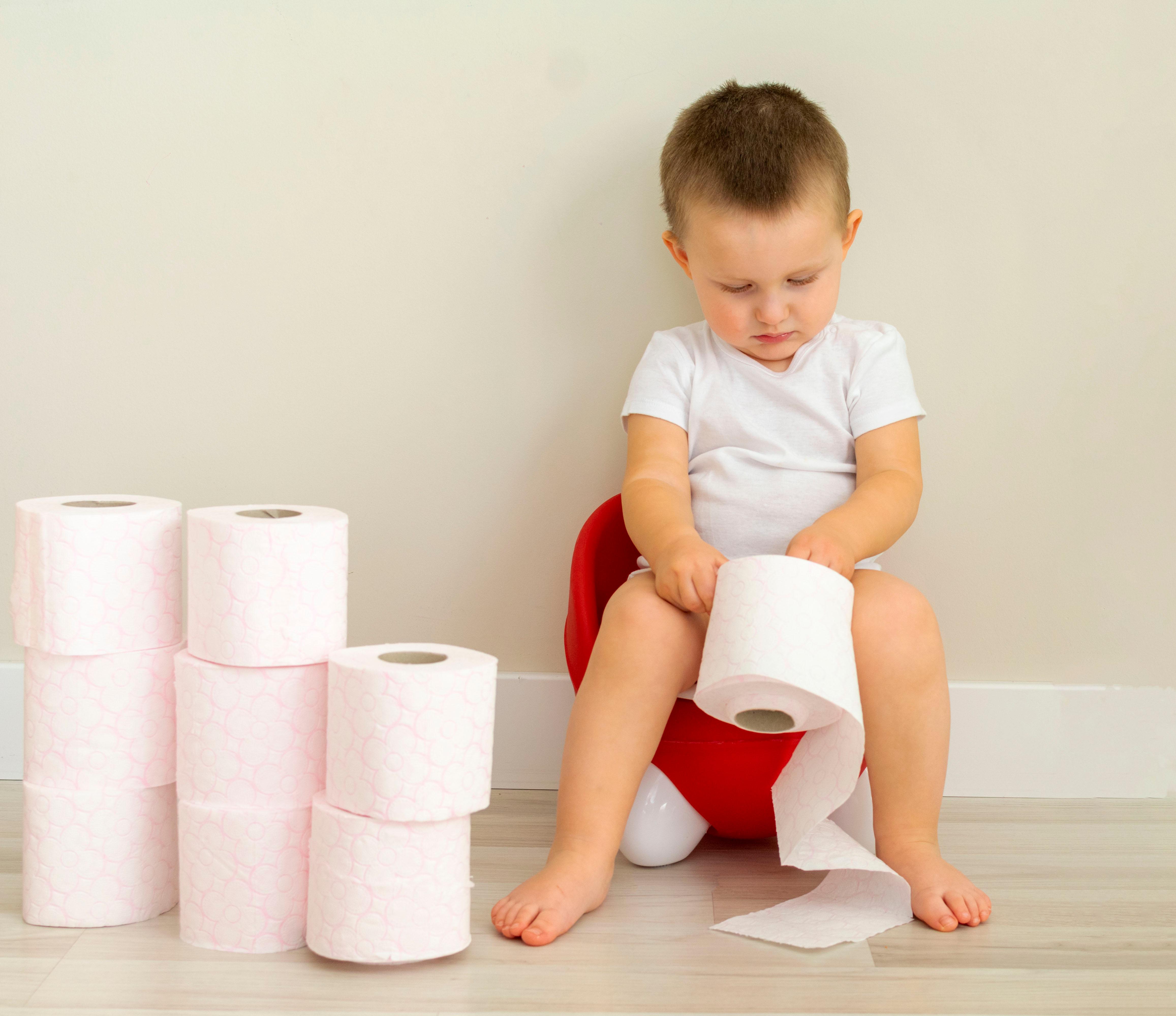Diarrhea in Children

Just as in other major cities in Vietnam, Danang and Hoi An are packed with street food stalls and restaurants selling all manner of local delicacies. Foods are prepared fresh by vendors and enjoyed by locals on low stools and plastic chairs—and the taste is so good! It’s overwhelming, because the best places for authentic Vietnamese food in these bustling cities are found right there on the streets.
The downside is that eating street food greatly increases the risk of contracting diarrhea. While for some adults, the deliciousness of the cuisine can sometimes outweigh the bathroom-related risks associated with eating it, children are much more susceptible to diarrhea than adults are. In their case, it helps to know the causes of diarrhea, and how to treat the child’s discomfort at home.
Diarrhea is the body’s way of ridding itself of germs, and most episodes last a few days to a week. Diarrhea often occurs with fever, nausea, vomiting, cramps, and dehydration.
Common Causes and Treatments
Some of the most common reasons that kids get diarrhea include:
- Infection from viruses like rotavirus, bacteria like salmonella, and (in rare cases) parasites like giardia. Viruses are the most common cause of diarrhea in children. Along with loose or watery stools, symptoms of a viral gastroenteritis infection often include vomiting, stomach ache, headache and migraine, and fever.
When treating viral gastroenteritis—which can last 5–14 days—it’s important to prevent fluid loss. Offer additional breast milk or an oral rehydration solution (ORS) to infants and young children. Water alone doesn’t have enough sodium, potassium, or other nutrients in it to safely rehydrate very young children. Be sure to talk to your doctor about the amount of fluids your child needs, how to make sure he or she gets them, when to give them, and how to watch for dehydration.
Older children with diarrhea can drink anything they like to stay hydrated—including ORS and branded products with names that usually end in “lyte”. Popsicles can also be a good way to get fluids into a child who has been vomiting and needs to rehydrate slowly.
Be sure to consult with a doctor if you are a traveler—your child may need to have his or her stools tested.
- Medications like laxatives or antibiotics can also lead to diarrhea in children as well as adults.
For mild diarrhea caused by medication, keep your child safely hydrated. If a course of antibiotics is causing your child to experience diarrhea, be sure to continue the medication but do inform your doctor.
Studies show that yogurt with live cultures or probiotics can help ease diarrhea caused by antibiotics. Probiotics help replenish the healthy gut bacteria killed by antibiotics.
- Food poisoning can also cause diarrhea in kids. Symptoms usually come on quickly, may include vomiting, and tend to go away within 24 hours.
Treatment for food poisoning-related diarrhea is the same as for that caused by infection: keep your child hydrated and call your doctor with any questions.
- Other causes of diarrhea include irritable bowel disease, Crohn’s disease, food allergies, and celiac disease. If you’re not sure what’s causing your child’s diarrhea, give your doctor a call.
Recognizing Dehydration
Dehydration is one of the most worrisome complications of diarrhea in children. Mild diarrhea usually doesn’t cause significant fluid loss, but moderate or severe diarrhea can.
Severe dehydration is dangerous; it can cause seizures, brain damage, even death. Inform your doctor if your child has:
- Dizziness and lightheadedness
- A dry, sticky mouth
- Dark yellow urine, or very little or no urine
- Few or no tears when crying
- Cool, dry skin
- A lack of energy
Diarrhea usually goes away within a few days, but it can lead to complications. If your child is too weak to stand up or is confused or dizzy, don’t wait—get help.
Go to the nearest clinic/hospital right away if your child:
- Seems very sick
- Has had diarrhea for more than three days
- Is younger than 6 months old
- Is vomiting bloody green or yellow fluid
- Can’t hold down fluids or has vomited more than twice
- Has a fever
- Seems dehydrated
- Has bloody stools
- Is less than a month old with three or more episodes of diarrhea
- Passes more than four diarrhea stools in eight hours and isn’t drinking enough
- Has a weak immune system
- Has a rash
- Has stomach pain for more than two hours
- Has not urinated in 6 hours (in babies) or 12 hours (in children)
Dr. Elvie Joy Atanque-Basa - Pediatrician, Family Medical Practice Danang
 Chúng tôi sử dụng cookies để cải thiện trải nghiệm của người dùng khi truy cập trang web này
Chúng tôi sử dụng cookies để cải thiện trải nghiệm của người dùng khi truy cập trang web này